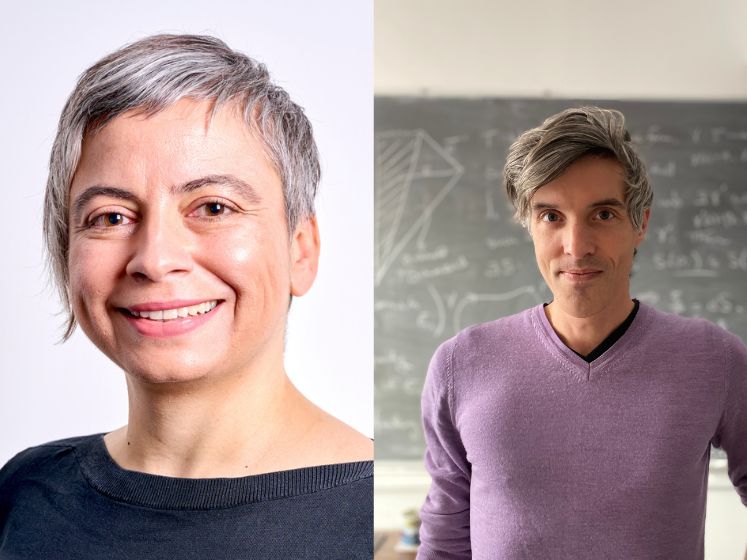
Professor Bryan W. Roberts and Dr Milena Tsvetkova have been awarded prestigious European Research Council (ERC) Consolidator Grants. They are among the 328 exceptional researchers across Europe to have been selected.
ERC Consolidator Grants aim to support outstanding scientists and scholars as they establish their independent research teams and develop their most promising scientific ideas. The funding is provided through the EU’s Horizon Europe programme.
Professor Bryan W. Roberts of the LSE Department of Philosophy, Logic and Scientific Method has been awarded ERC funding for his project, The Edge of the Universe.
Professor Roberts said of the award: “It is an honour and really a breathtaking opportunity to work with the ERC, which challenges researchers to engage with some of humanity's biggest questions. For a philosopher of physics, it's hard to imagine a more immense and tantalising topic than the edge of the universe.
“The Edge of the Universe project seeks to establish a new account of our universe at its furthest fringes. Drawing on frontier ideas in both the philosophy and physics of boundaries in general, the project will explore the properties, uses, and epistemology of boundaries as they apply to the universe as a whole.
"This five-year project is a collaboration with Dr Karim Thébault at the University of Bristol, together with a team of postdocs, PhD students, and visitors working in the philosophy of physics at LSE's world-renowned Centre for Philosophy of Natural and Social Sciences.”
Dr Milena Tsvetkova of the LSE Department of Methodology will receive funding for her project, HUMANET.
Dr Milena Tsvetkova said of the award: “I am deeply honoured by ERC’s recognition and support and eager and excited to start work on this project.
“Intelligent machines such as algorithms, bots, and robots have permeated the social world, becoming social actors on par with humans. HUMANET will investigate how human-machine, machine-machine, and human-human interactions differ and how they affect collective outcomes such as social influence and contagion. The project will combine theories form social psychology, network sociology, human-computer interaction, and AI and employ experimental, computational, and data science methods, with the aim to build the foundations of a new cumulative empirical sociology of humans and machines.
“The grant will bring together an interdisciplinary team of postdocs and external scholars to conduct the research at scale, in depth, and with transformative impact.”